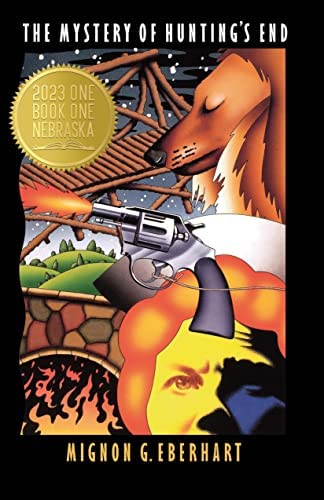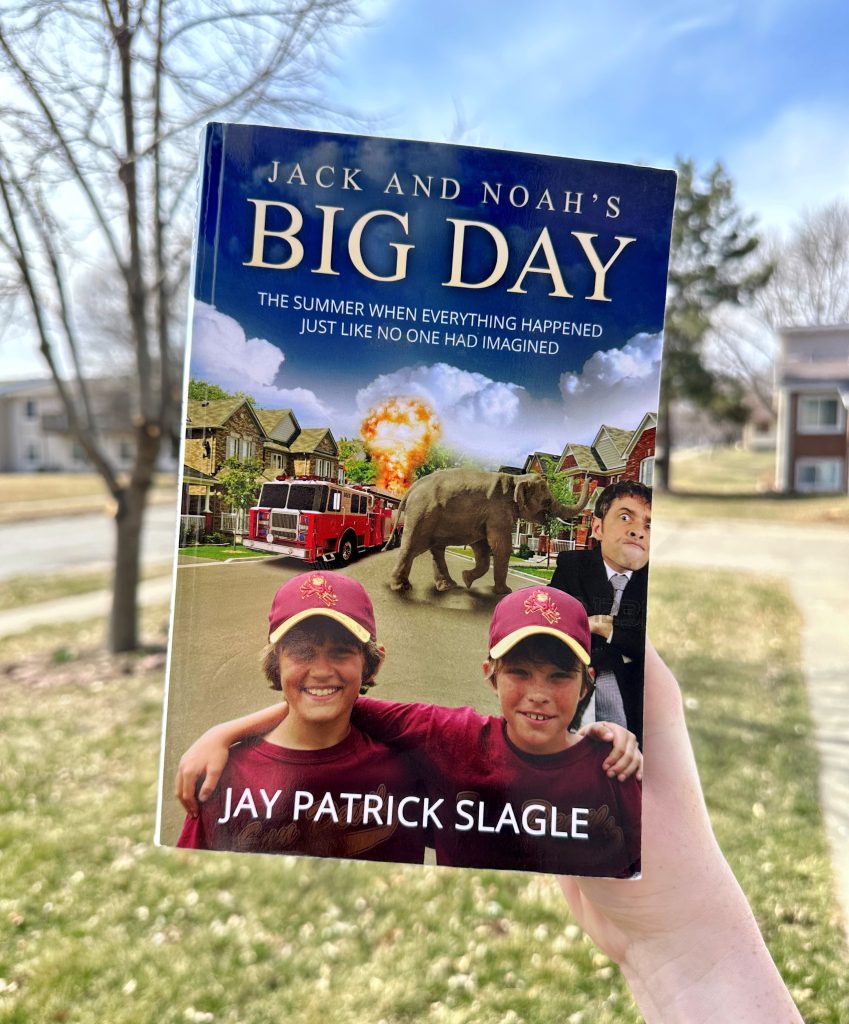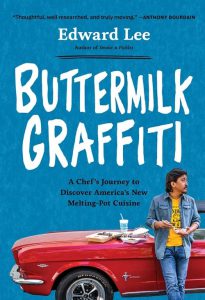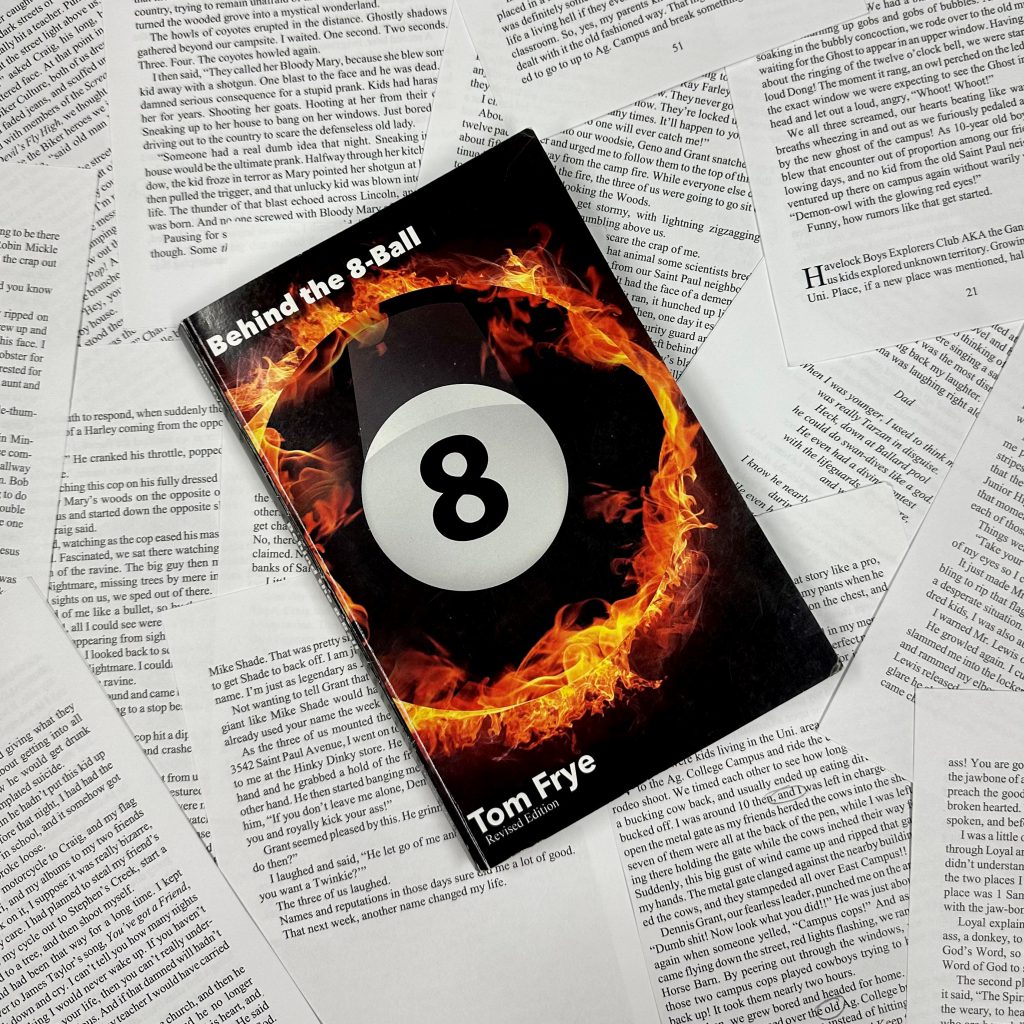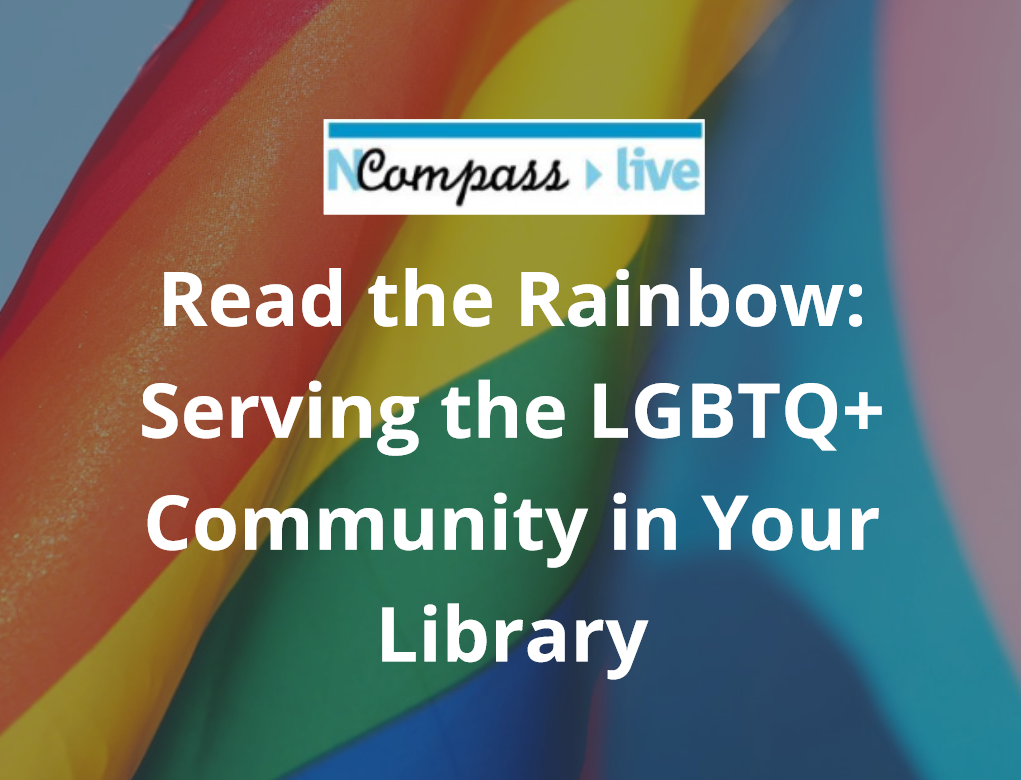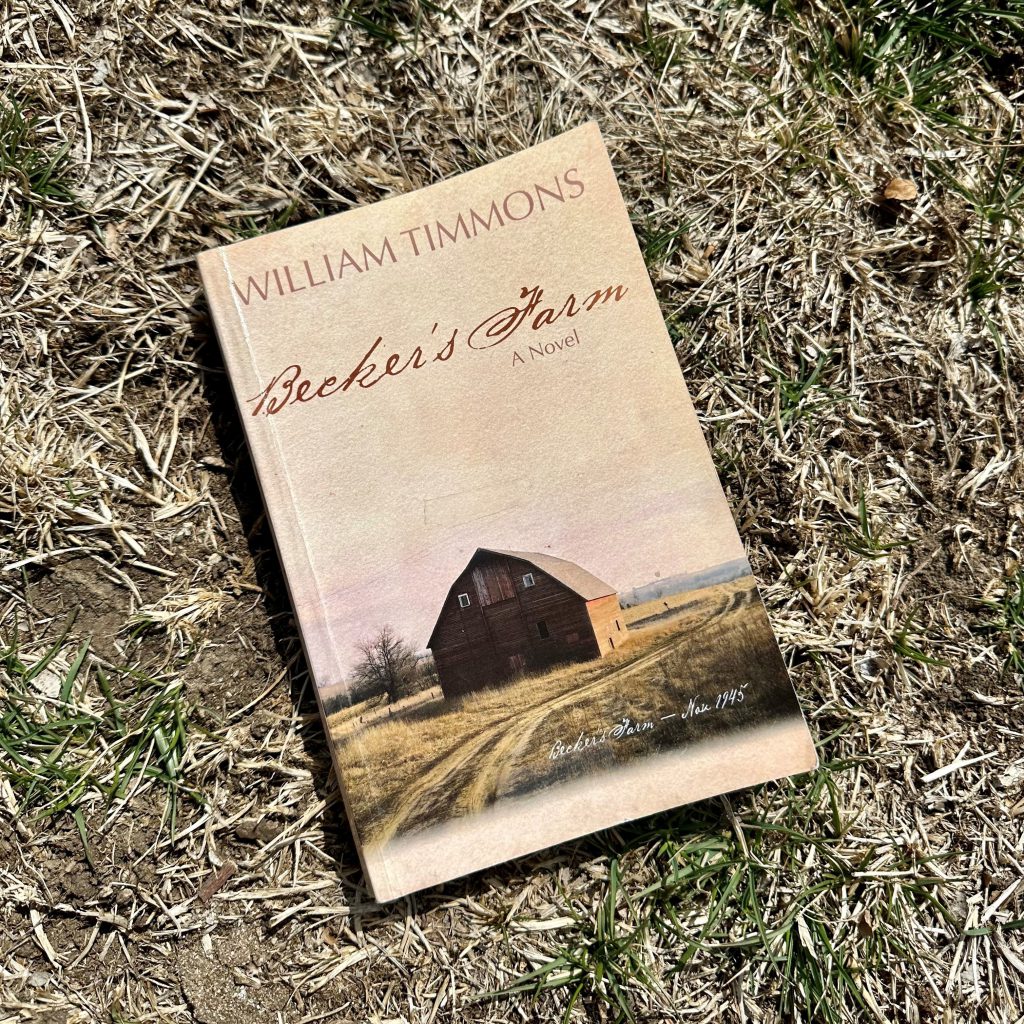Search the Blog
Categories
- Books & Reading
- Broadband Buzz
- Census
- Education & Training
- Friday Reads
- General
- Grants
- Information Resources
- Library Management
- Nebraska Center for the Book
- Nebraska Libraries on the Web
- Nebraska Memories
- Now hiring @ your library
- Preservation
- Pretty Sweet Tech
- Programming
- Public Library Boards of Trustees
- Public Relations
- Talking Book & Braille Service (TBBS)
- Technology
- Uncategorized
- What's Up Doc / Govdocs
- Youth Services
Archives
Subscribe
Category Archives: Books & Reading
#BookFaceFriday “Across the Desert” by Dusti Bowling
Is it hot out here, or is it just #BookFaceFriday?
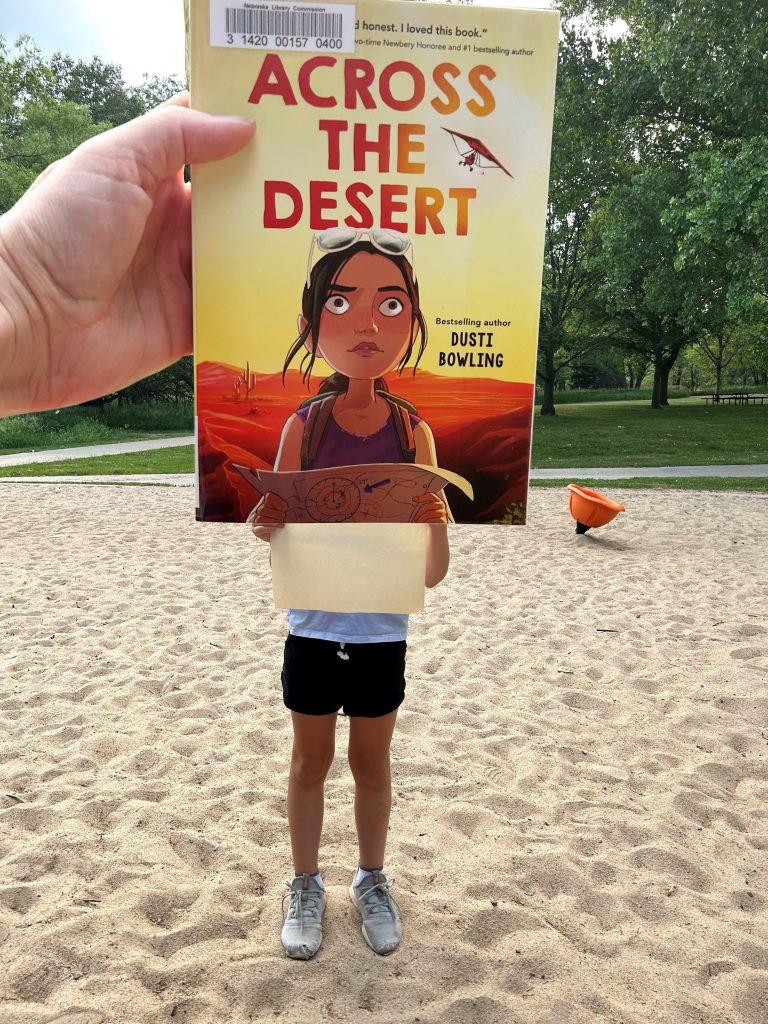
Well, we weren’t able to find a desert for this week’s #BookFace, but we did the best we could. If your kids are looking for a little adventure this summer, look no further! NLC has several great titles in their book club kit collection that would be great for taking their minds all over the world, like this week’s #BookFaceFriday “Across the Desert” by Dusti Bowling (Little, Brown Books for Young Readers, 2023.) A middle-grade action-adventure story, about survival, friendship, and courage. It’s available for checkout as a book club kit or as an audiobook from Nebraska Overdrive Libraries. We have 10 copies available for your library to borrow today! We also have several other titles by Dusti Bowling available on Nebraska OverDrive Libraries, check them all out today.
“Experience has taught Jolene she can only count on herself, and she doesn’t think she counts for much. But when she witnesses her friend’s accident in the desert via live stream, she finds the strength to rescue them both. Across the Desert combines compelling adventure, honesty, danger, and love.”
―Kimberly Brubaker Bradley
Book Club Kits Rules for Use
- These kits can be checked out by the librarians of Nebraska libraries and media centers.
- Circulation times are flexible and will be based upon availability. There is no standard check-out time for book club kits.
- Please search the collection to select items you wish to borrow and use the REQUEST THIS KIT icon to borrow items.
- Contact the Information Desk at the Library Commission if you have any questions: by phone: 800/307-2665, or by email: Information Services Team
Find this title and many more through Nebraska OverDrive! Libraries participating in the Nebraska OverDrive Libraries Group currently have access to a shared and growing collection of digital downloadable audiobooks and eBooks. 188 libraries across the state share the Nebraska OverDrive collection of 21,696 audiobooks, 35,200 eBooks, and 3,964 magazines. As an added bonus it includes 130 podcasts that are always available with simultaneous use (SU), as well as SU ebooks and audiobook titles that publishers have made available for a limited time. If you’re a part of it, let your users know about this great title, and if you’re not a member yet, find more information about participating in Nebraska Overdrive Libraries!
Love this #BookFace & reading? Check out our past #BookFaceFriday photos on the Nebraska Library Commission’s Facebook page!
Book Club Spotlight – Mrs. Dalloway
It is only fitting that we ring in this year’s Pride Month with a book by the incredible modernist writer Virginia Woolf. Born in 1882, she held “an intense belief in the importance of arts and a skepticism regarding their society’s conventions and restraints.” Not one to repress her romantic feelings for other women, Woolf subverted the system of the time by living openly as a queer woman, with her and her husband happily pursuing a non-monogamous lifestyle. While it’s easy to see the tragic figure of Virginia Woolf, who unfortunately took her life in 1941, it’s hard not to be amazed by her persistence in pursuing mundane beauty and wholeness in both her writing career and her social life despite adversity. These sentiments and strengths have always been at the heart of Pride, and in her novel Mrs. Dalloway, we are given front-row seating to these ideals as we revolve around the daily life of London post-First World War.
It’s the middle of June, the war is over, and Mrs. Cassandra Dalloway is getting ready to host a party. As she moves about London to finish her errands, we pass through the lives of others along the way. Sometimes fleeting, sometimes intimate portraits of everyday people as they move past each other, none the wiser. One focus we find ourselves with is in the thoughts of Septimus Smith. Suffering from “shell-shock” (PTSD) after World War 1, he struggles to get through his everyday life after seeing a man he loves die on the battlefield. No longer satiated by poetry and art like before the war, he has become haunted and void of all feelings, much to his distress. As Big Ben chimes along, Mrs. Dalloway, constrained by English society and her own choices, pushes her anxieties aside as she focuses on creating a perfect party. Attempting to balance her need to participate in the world while deeply fearing it. Emotions run high as she meets old lovers—specifically, the adventurous but self-important Peter Walsh and her first love Sally Seton, and she wonders what could have been had she chosen differently. Finally, the day comes to a head when Mrs. Dalloway and Septimus must choose if being constrained by the set social order is worth the pain it causes.
“Mrs Dalloway is always giving parties to cover the silence”
Virginia Woolf
Known for being a subversive writer, Woolf’s Mrs. Dalloway, published in 1925, pioneered how literature can pull back the layers of everyday people to reveal their deep inner worlds. In her hallmark, stream-of-consciousness writing style Woolf produces a respectful depiction of a man going mad from PTSD and criticizes the lack of proper care for veterans. While having no real connection to Mrs. Dalloway, Septimus serves as a counterpoint to her daily exhaustion and disillusionment to an extreme degree. And while the titular Mrs. Dalloway does not struggle in the same way, as a woman, she has had to repress many parts of herself to fit into society and is expected to play the role expected of her to the bitter end. As a result, both characters try to balance wanting to be included in society and life while needing privacy to deal with their turbulent emotions. A novel revolving around the enormity of daily life, Mrs. Dalloway is a beautiful classic to include in any Book Club group, especially for those who enjoy diving deeply into the emotional life of characters and its slow but poetic paces.
If you’re interested in requesting Mrs. Dalloway for your book club, you can find the Book Club Kit Request form here. There are 10 copies available. (A librarian must request items)
Woolf, Virginia. Mrs. Dalloway. Harcourt Inc, Inc. 1925.
#BookFaceFriday “I am Princess X” by Cherie Priest
Once upon a time, there lived a #BookFaceFriday!
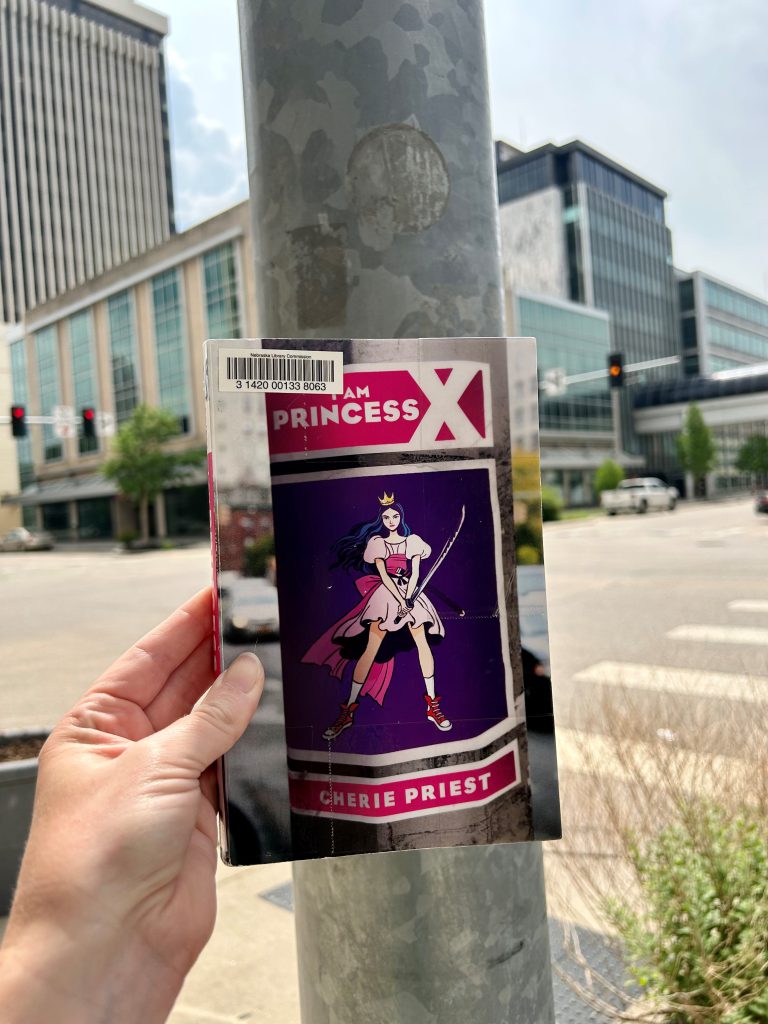
Don’t let the summer slide happen for your tween and teen readers. With no homework to keep them busy, summer is a great time to start a YA book club. NLC has several great titles in their book club kit collection that would be perfect picks like this week’s #BookFaceFriday “I Am Princess X” by Cherie Priest (Scholastic Inc., 2016.) Don’t be fooled by the crown, this is no fairy tale! A young adult mystery, interspersed with graphic novel elements, it will surely draw in younger teen readers. It’s available for checkout as a book club kit or as an audiobook from Nebraska Overdrive Libraries. We have 10 copies available for your library to borrow today! We also have discussion questions available on the Book Club page so your book club members have a great place to start when talking about what they’re reading.
“Priest’s YA debut is an engrossing cyberthriller packed with a puzzling mystery, crackerjack detective work, and an eerie, atmospheric sense of place. Teens who roll their eyes at adults out of touch with Internet culture will eat this up.”
— Booklist, starred review
Book Club Kits Rules for Use
- These kits can be checked out by the librarians of Nebraska libraries and media centers.
- Circulation times are flexible and will be based upon availability. There is no standard check-out time for book club kits.
- Please search the collection to select items you wish to borrow and use the REQUEST THIS KIT icon to borrow items.
- Contact the Information Desk at the Library Commission if you have any questions: by phone: 800/307-2665, or by email: Information Services Team
Find this title and many more through Nebraska OverDrive! Libraries participating in the Nebraska OverDrive Libraries Group currently have access to a shared and growing collection of digital downloadable audiobooks and eBooks. 188 libraries across the state share the Nebraska OverDrive collection of 21,696 audiobooks, 35,200 eBooks, and 3,964 magazines. As an added bonus it includes 130 podcasts that are always available with simultaneous use (SU), as well as SU ebooks and audiobook titles that publishers have made available for a limited time. If you’re a part of it, let your users know about this great title, and if you’re not a member yet, find more information about participating in Nebraska Overdrive Libraries!
Love this #BookFace & reading? Check out our past #BookFaceFriday photos on the Nebraska Library Commission’s Facebook page!
Friday Reads: The Mystery of Hunting’s End by Mignon Eberhart
The Mystery of Hunting’s End is this year’s selection for the One Book One Nebraska program. Published in 1930, Mignon Eberhart chose the Nebraska Sandhills region near Valentine for the remote setting of this mystery novel. Hunting’s End is a lodge owned by the wealthy Kingery family. There, a small and curious group comes together by invitation, the same group present five years earlier when a death occurred. Was it by a heart attack or was it murder?
The Nebraska Sandhills, where Mignon G. Eberhart lived as a newlywed, inspired the setting of this mystery. Matil Kingery’s intent in this reunion is to discover which one of her guests murdered her father.
Posing as another guest is detective Lance O’Leary. At his recommendation, Matil has arranged for Nurse Sarah Keate to care for Aunt Lucy Kingery at Hunting’s End – a challenging assignment, as it turns out. Keate is a perceptive and persistent sleuth and an able O’Leary ally. Nurse Keate has a recurring presence in Eberhart’s novels.
Gathered together at the lodge, the guests are sealed from the outside by a November snowstorm. A dog named Jericho lurks about, and a stray cat is curiously present for each discovery of a new death.
This book keeps the reader guessing as to who is behind the murders at Hunting’s End. Why were these murders committed and who is the killer? The reader will be alert to clues leading to the identity of the guilty party.
I found The Mystery of Hunting’s End to be an enjoyable and fun read. It is true to a good mystery book – colorful characters and a plot that continues to surprise and keep the reader guessing – who did it?
Mignon Eberhart was a prolific writer, one of the most popular mystery writers of her time with a career spanning from the 1920s to the 1980s. Eberhart published over 50 novels and numerous short stories during her career, and with several adapted for film and television. The 1938 movie, Mystery House, is based on The Mystery of Hunting’s End. Eberhart received the Grand Master Award from the Mystery Writers of America and was a past president of the Mystery Writers of America.
For more about Mignon Eberhart, read Nebraska Wesleyan University Professor Rick Cypert’s America’s Agatha Christie: Mignon Good Eberhart, Her Life and Works. Cypert contributed discussion questions for The Mystery of Hunting’s End. Discussion questions can be found on the Nebraska Library Commission website.
Mignon G. Eberhart. The Mystery of Hunting’s End. Lincoln: University of Nebraska Press. 1998. ©1930.
Friday Reads: Lord of the Fly Fest by Goldy Moldavsky
What would happen if you lured all the Instagram beauty influencers to a tropical island with the promise of music, luxury accommodations, and access to other beautiful people… and then left them stranded without food, electricity, and gasp, WiFi? Small-time podcaster Rafi Francisco is about to find out. Shelling out her meager life savings for a ticket to the Fly Fest, an exclusive island festival where she hopes to score a chance to dig up some dirt on a famous performer, Rafi instead finds herself stuck on the beach with a bunch of spoiled and increasingly dirty trust-fund kids who have mistaken her for staff. But there is no staff. No staff, no gourmet meals, no private villas, no music festival…and no way to get in touch with anyone off the island that can rescue them.
If this sounds a lot like a recent island festival scandal that resulted in fraud charges and felony convictions, you are not mistaken. Described as “Lord of the Flies meets Fyre Festival” the setup is not as unlikely as you’d hope.
Rafi recognizes that the situation will quickly become dire and tries to rally the festival-goers into working together to find food and shelter, while still trying to secretly investigate her podcast subject. But she soon finds herself up against a prominent makeup guru who has deluded himself and an increasing number of others that the festival has not been canceled; the promoters are just testing the attendees to see if they are worthy of such an experience. Will reason prevail? Or will Fly Fest end in #disaster?
A quick YA read, it’s a good reminder that everything you see on social media is not as perfect as it appears.
Moldavsky, Goldy. Lord of the Fly Fest. Henry Holt & Co., 2022.
Posted in Books & Reading
Tagged Friday Reads, Goldy Moldavsky, Lord of the Fly Fest, Reading, YA, Young Adult
Leave a comment
#BookFaceFriday “Sidetracked” by Diana Harmon Asher
On your marks, get set, #BookFace!
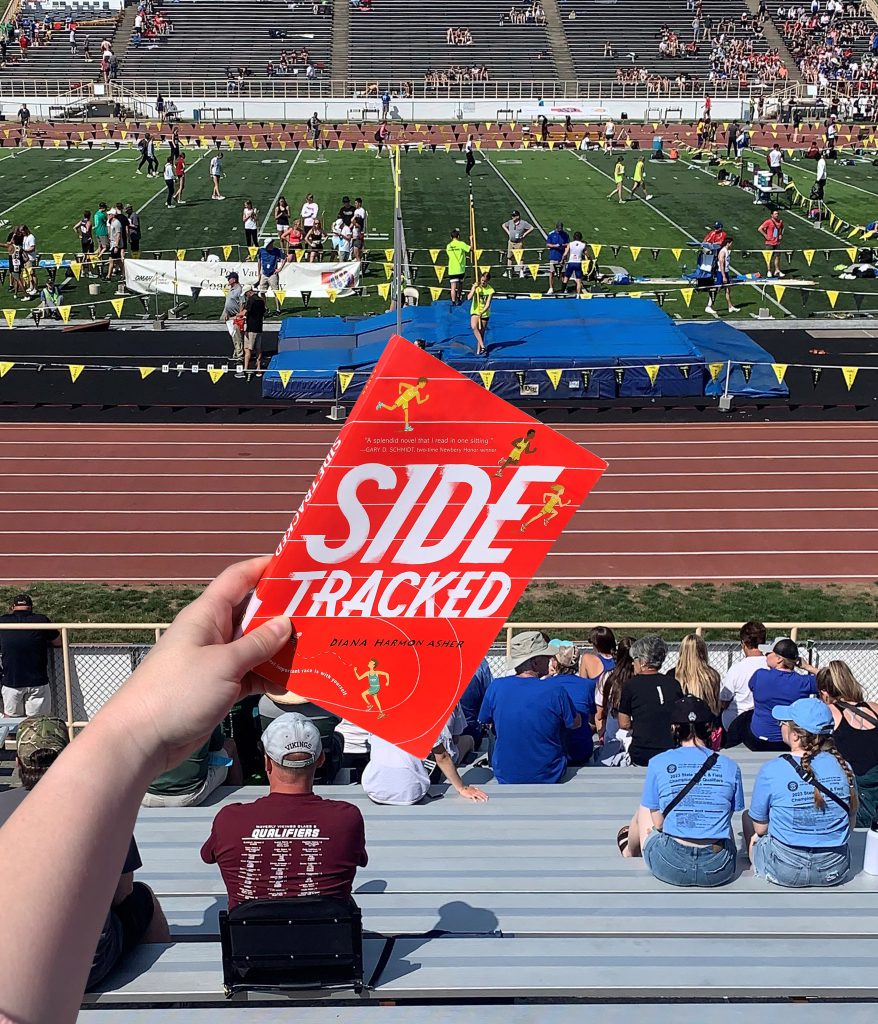
School is out, and that means Summer Reading Programs all over the state are gearing up. With this #BookFaceFriday we’re racing to the finish line with “Sidetracked” by Diana Harmon Asher (Harry N. Abrams, 2017.)
It’s available for checkout as a book club kit or as an eBook or audiobook from Nebraska Overdrive Libraries. The 2023 Summer Reading Program theme is “All Together Now,” kids will be reading all about Kindness, Friendship, and Unity, the topics for this year’s program. You can find a list of other titles on the Nebraska Library Commission 2023 SRP Book List, created by Sally Snyder, our Coordinator of Children and Young Adult Library Services.“An entertaining mix of events, conversations, anxieties, and reflections, Joseph’s first-person narrative engages readers on page one and never lets up…Justice is sweet when bullies get their comeuppance in this rewarding first novel.”
– Booklist
Find this title and many more through Nebraska OverDrive! Libraries participating in the Nebraska OverDrive Libraries Group currently have access to a shared and growing collection of digital downloadable audiobooks and eBooks. 188 libraries across the state share the Nebraska OverDrive collection of 21,696 audiobooks, 35,200 eBooks, and 3,964 magazines. As an added bonus it includes 130 podcasts that are always available with simultaneous use (SU), as well as SU ebooks and audiobook titles that publishers have made available for a limited time. If you’re a part of it, let your users know about this great title, and if you’re not a member yet, find more information about participating in Nebraska Overdrive Libraries!
Love this #BookFace & reading? Check out our past #BookFaceFriday photos on the Nebraska Library Commission’s Facebook page!
What’s Up Doc? New State Agency Publications at the Nebraska Library Commission
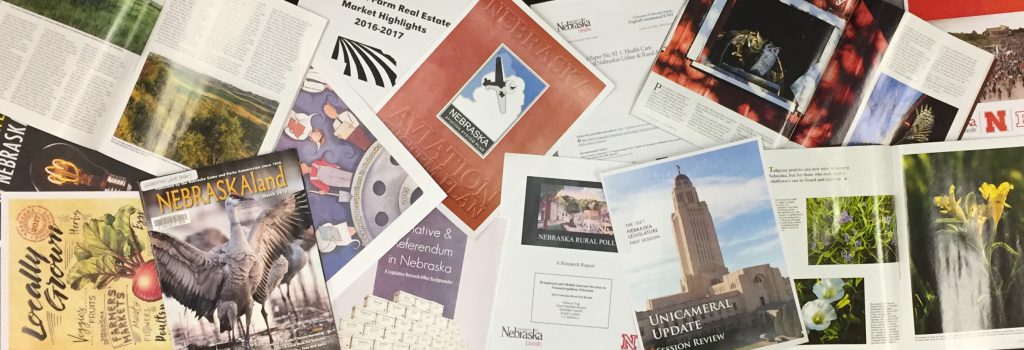
New state agency publications have been received at the Nebraska Library Commission for March and April, 2023. Included are reports from the Nebraska Brand Committee, the Nebraska Department of Banking and Finance, the Nebraska Arts Council, the Nebraska Commission for the Blind and Visually Impaired, and new books from the University of Nebraska Press, to name a few.
Most items, except the books from the University of Nebraska Press, are available for immediate viewing and printing by clicking on the highlighted link above, or directly in the .pdf below. You can read synopses of the books received from the University of Nebraska Press in the Book Briefs blogposts.
The Nebraska Legislature created the Nebraska Publications Clearinghouse in 1972 as a service of the Nebraska Library Commission. Its purpose is to collect, preserve, and provide access to all public information published by Nebraska state agencies. By law (State Statutes 51-411 to 51-413) all Nebraska state agencies are required to submit their published documents to the Clearinghouse. For more information, visit the Nebraska Publications Clearinghouse page, contact Mary Sauers, Government Information Services Librarian; or contact Bonnie Henzel, State Documents Staff Assistant.
Book Briefs: New University of Nebraska Press Books at the Nebraska Publications Clearinghouse
The Nebraska Publications Clearinghouse receives documents every month from all Nebraska state agencies, including the University of Nebraska Press (UNP). Each month we will be showcasing the UNP books that the Clearinghouse has received.
UNP books, as well as all Nebraska state documents, are available for checkout by libraries and librarians for their patrons.
Here are the UNP books the Clearinghouse received in March and April, 2023:
The Begging Question : Sweden’s Social Responses to the Roma Destitute, by Erik Hansson ; Series: Cultural Geographies + Rewriting the Earth
Begging, thought to be an inherently un-Swedish phenomenon, became a national fixture in the 2010s as homeless Romanian and Bulgarian Roma EU citizens arrived in Sweden seeking economic opportunity. People without shelter were forced to use public spaces as their private space, disturbing aesthetic and normative orders, creating anxiety among Swedish subjects and resulting in hate crimes and everyday racism.
Parallel with Europe’s refugee crisis in the 2010s, the “begging question” peaked. The presence of the media’s so-called EU migrants caused a crisis in Swedish society along political, juridical, moral, and social lines due to the contradiction embodied in the Swedish authorities’ denial of social support to them while simultaneously seeking to maintain the nation’s image as promoting welfare, equality, and antiracism.
In The Begging Question Erik Hansson argues that the material configurations of capitalism and class society are not only racialized but also unconsciously invested with collective anxieties and desires. By focusing on Swedish society’s response to the begging question, Hansson provides insight into the dialectics of racism. He shrewdly deploys Marxian economics and Lacanian psychoanalysis to explain how it became possible to do what once was thought impossible: criminalize begging and make fascism politically mainstream, in Sweden. What Hansson reveals is not just an insight into one of the most captivating countries on earth but also a timely glimpse into what it means to be human.
The Collected Writings of Sherman and Grace Coolidge, Edited by Tadeusz Lewandowski
Sherman and Grace Coolidge were a remarkable couple in many respects. Sherman Coolidge (Runs On Top), born in the early 1860s into the Northern band of Arapahos, experienced the extreme violence of the Indian Wars, including the death of his father, as a young boy. Grace Wetherbee Coolidge was born into wealth and privilege in 1873, only to reject her life as a New York heiress and become a missionary on the Wind River Reservation in Wyoming. It was there that Sherman and Grace met and later married in 1902.
After eight years together at Wind River, both went on to achieve prominence: Sherman as the president of the Native-run reform group the Society of American Indians (1911–1923), Grace as the author of Teepee Neighbors, a book describing her time on the reservation that drew praise from critics such as H. L. Mencken. Sherman was an Episcopal priest and a mesmerizing speaker who had the unique ability to blend his assimilated Western perspective with Arapaho values to educate the American public about the significant challenges facing Native peoples, including endemic poverty, racism, and inequality. Offering unprecedented entrée into the most significant writings and documents of a leading Native American advocate and his wife, this volume is an intimate portrait of their life and contributes to our understanding of American Indian activism at a key moment of Indigenous resurgence against the settler state.
Empire Between the Lines : Imperial Culture in British and French Trench Newspapers of the Great War ; by Elizabeth Stice. Series: Studies in War, Society, and the Military
Although the Great War was sparked and fueled by nationalism, it was ultimately a struggle between empires. The shots fired in Sarajevo mobilized citizens and subjects across far-flung continents that were connected by European empires. This imperial experience of the Great War influenced European soldiers’ ideas about the conflict, leading them to reimagine empires and their places with them and eventually reshaping imperial cultures.
In Empire between the Lines Elizabeth Stice analyzes stories, poetry, plays, and cartoons in British and French trench newspapers to demonstrate how British and French soldiers experienced and envisioned empires through the war and the war through empire. By establishing the imperial context for European soldiers and exploring representations of colonial troops, depictions of non-European campaigns, and descriptions of the German enemy, Stice argues that while certain narratives from prewar imperial culture persisted, the experience of the war also created new, competing narratives about empire and colonized peoples.
Empire between the Lines is the first study of its kind to consult British and French newspapers together, offering an innovative lens for viewing the public discourse of the trenches. By interrogating the relationship between British and French soldiers and empire during the war, Stice increases our understanding of the worldview of ordinary men in extraordinary times.
The First Atomic Bomb : the Trinity Site in New Mexico, by Janet Farrell Brodie. Series: America’s Public Lands
On July 16, 1945, just weeks before the atomic bombing of Hiroshima and Nagasaki that brought about the surrender of Japan and the end of World War II, the United States unleashed the world’s first atomic bomb at the Trinity testing site located in the remote Tularosa Valley in south-central New Mexico. Immensely more powerful than any weapon the world had seen, the bomb’s effects on the surrounding and downwind communities of plants, animals, birds, and humans have lasted decades.
In The First Atomic Bomb Janet Farrell Brodie explores the history of the Trinity test and those whose contributions have rarely, if ever, been discussed—the men and women who constructed, served, and witnessed the first test—as well as the downwinders who suffered the consequences of the radiation. Concentrating on these ordinary people, laborers, ranchers, and Indigenous peoples who lived in the region and participated in the testing, Brodie corrects the lack of coverage in existing scholarship on the essential details and everyday experiences of this globally significant event. The First Atomic Bomb also covers the environmental preservation of the Trinity test site and compares it with the wide range of atomic sites now preserved independently or as part of the new Manhattan Project National Historical Park. Although the Trinity site became a significant node for testing the new weapons of the postwar United States, it is known today as an officially designated National Historic Landmark. Brodie presents a timely, important, and innovative study of an explosion that carries special historical weight in American memory.
The Forgotten Diaspora : Mesoamerican Migrations and the Making of the U.S.-Mexico Borderlands, by Travis Jeffres. Series: Borderlands and Transcultural Studies
In The Forgotten Diaspora Travis Jeffres explores how Native Mexicans involved in the conquest of the Greater Southwest pursued hidden agendas, deploying a covert agency that enabled them to reconstruct Indigenous communities and retain key components of their identities even as they were technically allied with and subordinate to Spaniards. Resisting, modifying, and even flatly ignoring Spanish directives, Indigenous Mexicans in diaspora co-created the U.S.-Mexico borderlands and laid enduring claims to the region.
Jeffres contends that tens of thousands—perhaps hundreds of thousands—of central Mexican Natives were indispensable to Spanish colonial expansion in the Greater Southwest in the sixteenth and seventeenth centuries. These vital allies populated frontier settlements, assisted in converting local Indians to Christianity, and provided essential labor in the mining industry that drove frontier expansion and catapulted Spain to global hegemony. However, Nahuatl records reveal that Indigenous migrants were no mere auxiliaries to European colonial causes; they also subverted imperial aims and pursued their own agendas, wresting lands, privileges, and even rights to self-rule from the Spanish Crown. Via Nahuatl-language “hidden transcripts” of Native allies’ motivations and agendas, The Forgotten Diaspora reimagines this critical yet neglected component of the hemispheric colonial-era scattering of the Americas’ Indigenous peoples.
From the Boarding Schools : Apache Indian Students Speak, by Arnold Krupat
Arnold Krupat’s From the Boarding Schools makes available previously unheard Apache voices from the Indian boarding schools. It includes selections from two unpublished autobiographies by Sam Kenoi and Dan Nicholas, produced in the 1930s with the anthropologist Morris Opler, as well as material by and about Vincent Natalish, a contemporary of Kenoi and Nicholas.
Natalish was one of more than one hundred Apaches taken from Fort Marion to the Carlisle Indian School by its superintendent, Captain Richard Henry Pratt, in 1887. A considerable number of these students died at the school, and many who were sent home for illness or poor health did not recover. Natalish, however, remained at Carlisle and graduated in 1899. He married, had a son, and lived and worked in New York. He also actively sought the release of his relatives and other Apaches held prisoner at Fort Sill, Oklahoma.
Apache people have been telling and circulating stories among themselves for generations. But in contrast to their neighbors the Hopis and the Navajos, Apaches have produced relatively few written autobiographical narratives, and even fewer about their boarding school experiences. Supplementing the narratives with detailed cultural and historical commentary, From the Boarding Schools brings these lived experiences from the archives into current discourse.
The Indigenous Paleolithic of the Western Hemisphere, by Paulette F.C. Steeves
2022 Choice Outstanding Academic Title
The Indigenous Paleolithic of the Western Hemisphere is a reclaimed history of the deep past of Indigenous people in North and South America during the Paleolithic. Paulette F. C. Steeves mines evidence from archaeology sites and Paleolithic environments, landscapes, and mammalian and human migrations to make the case that people have been in the Western Hemisphere not only just prior to Clovis sites (10,200 years ago) but for more than 60,000 years, and likely more than 100,000 years.
Steeves discusses the political history of American anthropology to focus on why pre-Clovis sites have been dismissed by the field for nearly a century. She explores supporting evidence from genetics and linguistic anthropology regarding First Peoples and time frames of early migrations. Additionally, she highlights the work and struggles faced by a small yet vibrant group of American and European archaeologists who have excavated and reported on numerous pre-Clovis archaeology sites.
In this first book on Paleolithic archaeology of the Americas written from an Indigenous perspective, The Indigenous Paleolithic of the Western Hemisphere includes Indigenous oral traditions, archaeological evidence, and a critical and decolonizing discussion of the development of archaeology in the Americas.
Losing Eden : An Environmental History of the American West, by Sara Dant. New Edition. Series: Environment and Region in the American West
Historical narratives often concentrate on wars and politics while omitting the central role and influence of the physical stage on which history is carried out. In Losing Eden award-winning historian Sara Dant debunks the myth of the American West as “Eden” and instead embraces a more realistic and complex understanding of a region that has been inhabited and altered by people for tens of thousands of years.
In this lively narrative Dant discusses the key events and topics in the environmental history of the American West, from the Beringia migration, Columbian Exchange, and federal territorial acquisition to post–World War II expansion, resource exploitation, and current climate change issues. Losing Eden is structured around three important themes: balancing economic success and ecological destruction, creating and protecting public lands, and achieving sustainability.
This revised and updated edition incorporates the latest science and thinking. It also features a new chapter on climate change in the American West, a larger reflection on the region’s multicultural history, updated current events, expanded and diversified suggested readings, along with new maps and illustrations. Cohesive and compelling, Losing Eden recognizes the central role of the natural world in the history of the American West and provides important analysis on the continually evolving relationship between the land and its inhabitants.
Mud, Blood, and Ghosts : Populism, Eugenics, and Spiritualism in the American West, by Julie Carr
Populism has become a global movement associated with nationalism and strong-man politicians, but its root causes remain elusive. Mud, Blood, and Ghosts exposes one deep root in the soil of the American Great Plains. Julie Carr traces her own family’s history through archival documents to draw connections between U.S. agrarian populism, spiritualism, and eugenics, helping readers to understand populism’s tendency toward racism and exclusion.
Carr follows the story of her great-grandfather Omer Madison Kem, three-term Populist representative from Nebraska, avid spiritualist, and committed eugenicist, to explore persistent themes in U.S. history: property, personhood, exclusion, and belonging. While recent books have taken seriously the experiences of poor whites in rural America, they haven’t traced the story to its origins. Carr connects Kem’s journey with that of America’s white establishment and its fury of nativism in the 1920s. Presenting crucial narratives of Indigenous resistance, interracial alliance and betrayal, radical feminism, lifelong hauntings, land policy, debt, shame, grief, and avarice from the Gilded Age through the Progressive Era, Carr asks whether we can embrace the Populists’ profound hopes for a just economy while rejecting the barriers they set up around who was considered fully human, fully worthy of this dreamed society.
Recovering Women’s Past : New Epistemologies, New Ventures, Edited by Severine Genieys-Kirk. Series: Women and Gender in the Early Modern World
Feminist rewriting of history is designed not merely to reshape our collective memory and collective imaginary but also to challenge deeply ingrained paradigms about knowledge production. This feminist rewriting raises important questions for early modern scholars, especially in bringing to life the works of our foremothers and in reconsidering women’s agency.
Recovering Women’s Past, edited by Séverine Genieys-Kirk, is a collection of essays that focus on how women born before the nineteenth century have claimed a place in history and how they have been represented in the collective memory from the Renaissance to the twenty-first century. Scrutinizing the legacies of such politically minded women as Catherine de’ Medici, Queen Isabella of Castile, Emilie du Châtelet, and Olympe de Gouges, the volume’s contributors reflect on how our histories of women (in philosophy, literature, history, and the visual and performative arts) have been shaped by the discourses of their representation, how these discourses have been challenged, and how they can be reassessed both within and beyond the confines of academia. Recovering Women’s Past disseminates a more accurate, vital history of women’s past to engage in more creative and artistic encounters with our intellectual foremothers by creating imaginative modes of representing new knowledge. Only in these interactions will we be able to break away from the prevailing stereotypes about women’s roles and potential and advance the future of feminism.
Without Warning : The Tornado of Udall, Kansas, by Jim Minick
In 1955 the small town of Udall, Kansas, was home to oil field workers, homemakers, and teenagers looking ahead to their futures. But on the night of May 25, an F5 tornado struck their town without warning. In three minutes the tornado destroyed most of the buildings, including the new high school. It toppled the water tower. It lifted a pickup truck, stripped off its cab, and hung the frame in a tree. By the time the tornado moved on, it had killed 82 people and injured 270 others, more than half the town’s population of roughly 600 people. It remains the deadliest tornado in the history of Kansas.
Jim Minick’s nonfiction account, Without Warning, tells the human story of this disaster, moment by moment, from the perspectives of those who survived. His spellbinding narrative connects this history to our world today. Minick demonstrates that even if we have never experienced a tornado, we are still a people shaped and defined by weather and the events that unfold in our changing climate. Through the tragedy and hope found in this story of destruction, Without Warning tells a larger story of community, survival, and how we might find our way through the challenges of the future.
**Pictures and Synopses courtesy of University of Nebraska Press.
Friday Reads: Buttermilk Graffiti by Edward Lee
What is American cuisine? Should we use the term “authentic” to describe a recipe or cuisine? These are just two of many questions that Edward Lee explores in his book Buttermilk Graffiti. Much like American cuisine, Buttermilk Graffiti is an amalgamation. Although the book is part memoir and part cookbook, it primarily focuses on the culinary traditions and stories of immigrants. At times it has the feel of a Bourdain-like food travel show, mixed with history and self-reflection. Lee explores the history of place, migration stories, and the personal histories of individuals whose culinary traditions started across the globe. As much as Lee attempts to better understand the vastness of American cuisine, he also explores his own place in American food culture, and shares fifty recipes inspired by the foods he encounters.
If you are unfamiliar with Edward Lee, he is a chef and restaurateur from Louisville, Kentucky. His culinary style has many influences, including his Brooklyn childhood, his Korean heritage, and the two decades he has lived in Kentucky. He entered the television realm by competing on Top Chef in 2011, and was featured on The Mind of a Chef in 2014. Lee published his first cookbook and memoir, Smoke and Pickles, in 2013. His Louisville restaurant 610 Magnolia boasts a modern approach to southern cooking.
Lee is a compelling storyteller and approaches people and their food cultures with curiosity and empathy. As part of this project he visited more than a dozen cities and explored many food traditions and cultures: Nigerian, Vietnamese, German, Scandinavian, Peruvian, Chifa, Cambodian, Uyghur, Arabic, a Kosher deli, and Louisville soul food. He often came away with more questions than answers and will leave you with many things to ponder:
- Does our education in global food depend on global tragedies that bring immigrants to this country?
- Is there some other way that we can honor the foods of other nations without the tragedy?
- When looking for the “authentic” food of a specific culture, are we looking for a nostalgia that doesn’t exist?
- Is cooking the food of others appropriation or learning?
“I wonder if in 100 years Americans will eat bibimbap without knowing where it came from. Isn’t that already happening to foods such as tacos and pizza? Or can we go back and recalibrate these beloved foods every time a new wave of immigrants comes to America?”
Lee reveals the complexity of food traditions and cultures and shows that there is no monolithic or “authentic” version of any particular food. Each chef’s personal story makes their recipe unique. At the same time, he shows connections between individuals and their traditions. The elder Scandinavians he meets in Seattle value the nostalgia of certain foods much like his own father, who was a Korean immigrant.
“You have your own story and your own history, and your own connections to make. There is good food to be discovered everywhere. All it takes are an adventurous palate and an inquisitive mind. You can link both to the foods that sit in your memories.”
At times Lee’s personal stories seem to fall into a familiar pop culture stereotype for chefs, focusing on what’s supposed to be edgy or rebellious. As Buttermilk Graffiti progresses, however, the reader gets a fuller picture of Lee’s life as a son, husband, and father, and what has shaped him as a chef. He shares vulnerable stories and does a lot of personal reflection, including sharing how he has pushed back against what a man of Korean ancestry in America is supposed to be.
Lee is a compelling writer who believes in the power of stories. If you are a fan of food writing and food culture, I think you will find many of these stories powerful and thought provoking as well.
Lee, Edward. Buttermilk Graffiti: A Chef’s Journey to Discover America’s New Melting-Pot Cuisine. Artisan, 2018.
#BookFaceFriday “Lessons in Chemistry” by Bonnie Garmus
We can’t wait to see your reaction to this #BookFaceFriday!
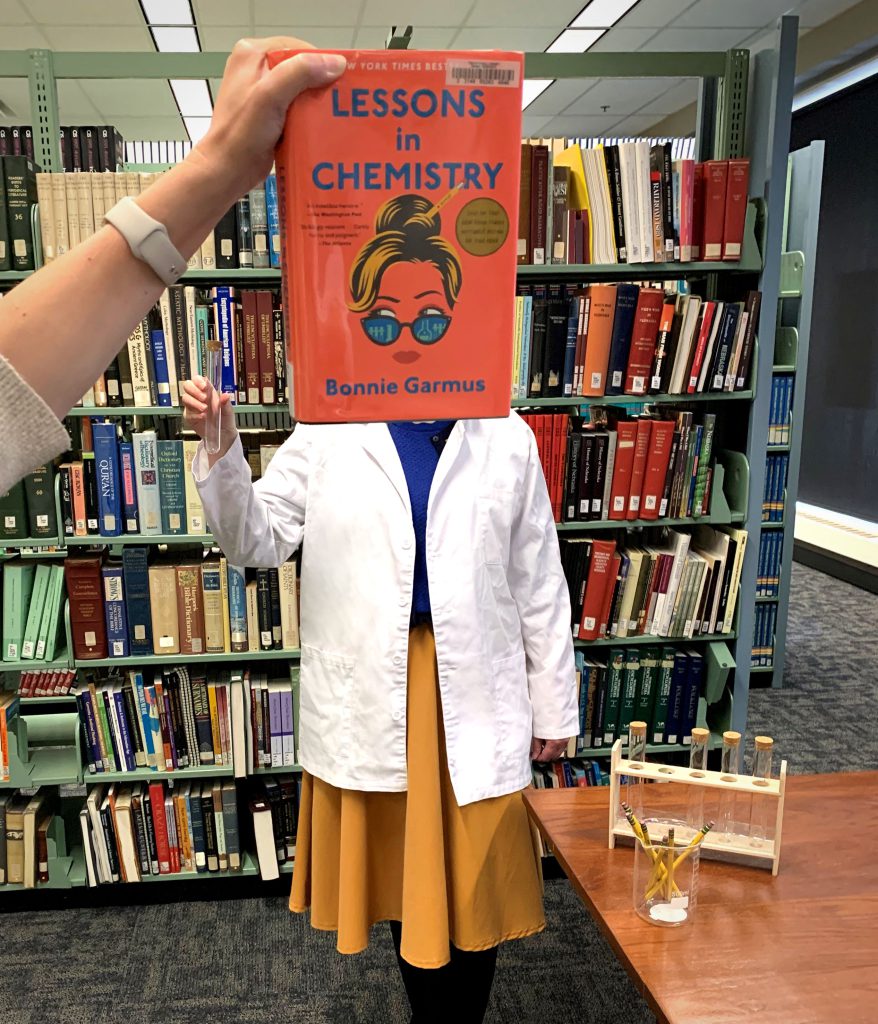
We’ve got #BookFaceFriday down to a science! This week’s title is brand new to our collection and has been incredibly popular among readers! It’s #1 New York Times Bestseller, “Lessons in Chemistry: A Novel” by Bonnie Garmus (Doubleday, 2022)! It’s also available as an ebook and audiobook in Nebraska OverDrive Libraries. We’ve added several new titles to our collection lately, so be sure to browse all the new books available on our Book Club Kits page; just look in the Browse Options section and select the Browse New Additions link for our latest reads. Add it to your to-be-read list today!
“Garmus tells a familiar story in a completely original voice in her delightful debut novel…Zott is an unforgettable protagonist, logical and literal and utterly herself…The novel deftly mixes comedy and tragedy, with only one very clear villain: the patriarchal culture of mid-20th century America, the days of which are numbered because of women like Zott…For those who admire a confident, bone-dry, and hilarious authorial voice, this novel achieves the difficult task of being both sharply satirical and heartwarming at the same time.”
— Historical Novels Review
Book Club Kits Rules for Use
- These kits can be checked out by the librarians of Nebraska libraries and media centers.
- Circulation times are flexible and will be based upon availability. There is no standard check-out time for book club kits.
- Please search the collection to select items you wish to borrow and use the REQUEST THIS KIT icon to borrow items.
- Contact the Information Desk at the Library Commission if you have any questions: by phone: 800/307-2665, or by email: Information Services Team
Find this title and many more through Nebraska OverDrive! Libraries participating in the Nebraska OverDrive Libraries Group currently have access to a shared and growing collection of digital downloadable audiobooks and eBooks. 189 libraries across the state share the Nebraska OverDrive collection of 21,696 audiobooks, 35,200 eBooks, and 3,964 magazines. As an added bonus it includes 130 podcasts that are always available with simultaneous use (SU), as well as SU ebooks and audiobook titles that publishers have made available for a limited time. If you’re a part of it, let your users know about this great title, and if you’re not a member yet, find more information about participating in Nebraska Overdrive Libraries!
Love this #BookFace & reading? Check out our past #BookFaceFriday photos on the Nebraska Library Commission’s Facebook page!
Demon Copperhead wins the Pulitzer Prize for Fiction
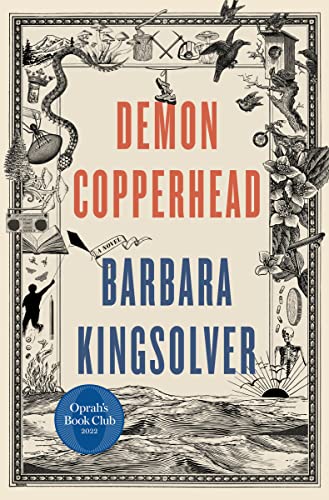
Recently, Demon Copperhead by Barbara Kingsolver was awarded the Pulitzer Prize for Fiction. “Set in the mountains of southern Appalachia, Demon Copperhead is the story of a boy born to a teenaged single mother in a single-wide trailer, with no assets beyond his dead father’s good looks and copper-colored hair, a caustic wit, and a fierce talent for survival. Relayed in his own unsparing voice, Demon braves the modern perils of foster care, child labor, derelict schools, athletic success, addiction, disastrous loves, and crushing losses. Through all of it, he reckons with his own invisibility in a popular culture where even the superheroes have abandoned rural people in favor of cities.” We have added 5 copies of Demon Copperhead to our book club collection, click here to make your request.
Barbara Kingsolver is an author whose work “often focuses on topics such as social justice, biodiversity, and the interaction between humans and their communities and environments.” We have several of her titles in our collection for your group to select to create meaningful discussions.
Posted in Books & Reading, General, Information Resources, Programming
Tagged Reading
Leave a comment
NCompass Live: Read the Rainbow: Serving the LGBTQ+ Community in Your Library
LGBTQIA…BCDEFG? What do all those letters even mean, and why should you care? Find out on next week’s NCompass Live webinar, on Wednesday, May 17 at 10am CT.
Join Lane for a primer on all things LGBTQ, and learn about how (and why) you can begin to build a more inclusive and welcoming library for both customers and staff, and why it matters.
Presenter: Lane Gibson, Library Service Associate, Gere Branch Library, Lincoln (NE) City Libraries.
Upcoming NCompass Live shows:
- May 24 – La Biblioteca Es Para Ti – Building Community Relationships in a Different Language
- May 31 – Pretty Sweet Tech: Bots for the Community!
- June 7 – In Search of the Obscure – Using Library & Online Sources to Find Resources that are Out of the Ordinary
- June 14 – Transforming Library Staff Learning Through Technology Skills Assessments
- June 28 – Pretty Sweet Tech
- July 5 – One Book for Nebraska Kids & Teens 2023
- July 19 – Nebraska Open Meetings Act: 2023 Overview and Updates

To register for an NCompass Live show, or to listen to recordings of past shows, go to the NCompass Live webpage.
NCompass Live is broadcast live every Wednesday from 10am – 11am Central Time. Convert to your time zone on the Official U.S. Time website.
The show is presented online using the GoTo Webinar online meeting service. Before you attend a session, please see the NLC Online Sessions webpage for detailed information about GoTo Webinar, including system requirements, firewall permissions, and equipment requirements for computer speakers and microphones.
Posted in Books & Reading, Education & Training, Library Management, Programming, Public Relations
Tagged NCompLive
Leave a comment
#BookFaceFriday “The Paris Architect” by Charles Belfoure
Sneak a peek at today’s #BookFaceFriday!
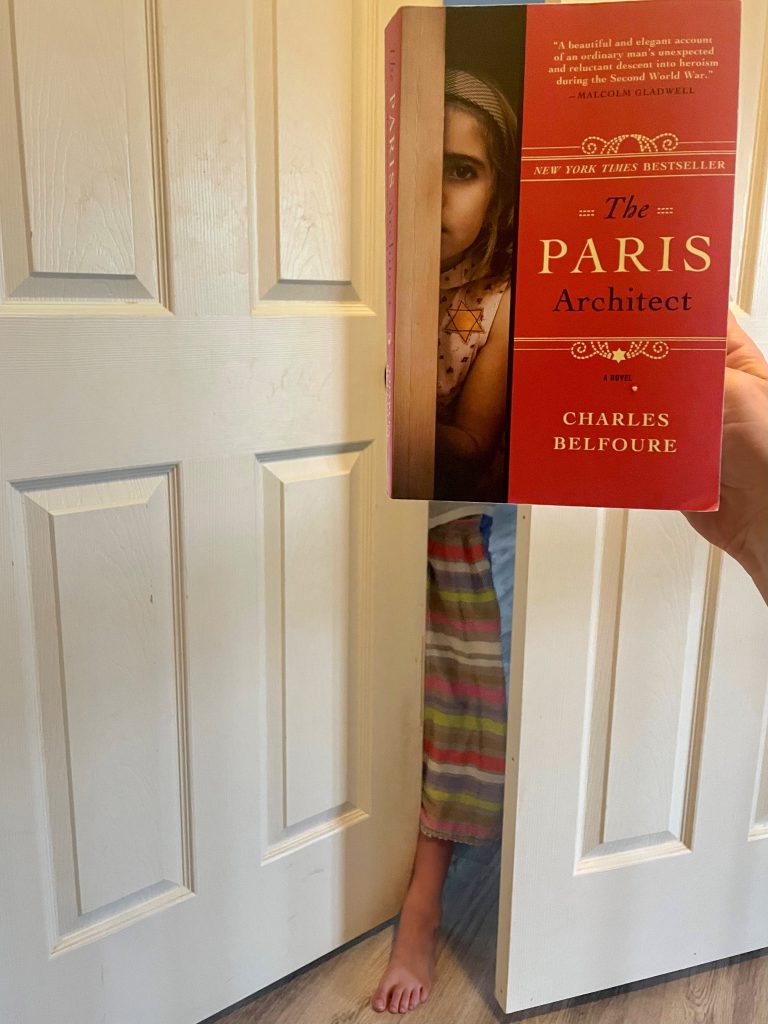
This week’s #BookFace is brand new to our collection and would make a great book club read! We so appreciate when libraries donate their book club reads to us so we can share them with all of you! One of those recently donated titles is “The Paris Architect: A Novel” by Charles Belfoure (Sourcebooks Landmark, 2013), gifted to us by Bellevue Public Library! This title is also available as an ebook in Nebraska OverDrive Libraries. You can find this title and all the new books available on our Book Club Kits page; just look in the Browse Options section and select the Browse New Additions link for our latest reads. If you loved “A Gentleman in Moscow” by Amor Towles or “The The Nightingale” by Kristen Hannah, this would be a great pick. Add it to your to-be-read list today!
“Architect and debut author Belfoure’s portrayal of Vichy France is both disturbing and captivating, and his beautiful tale demonstrates that while human beings are capable of great atrocities, they have a capacity for tremendous acts of courage as well.”
— Library Journal
Book Club Kits Rules for Use
- These kits can be checked out by the librarians of Nebraska libraries and media centers.
- Circulation times are flexible and will be based upon availability. There is no standard check-out time for book club kits.
- Please search the collection to select items you wish to borrow and use the REQUEST THIS KIT icon to borrow items.
- Contact the Information Desk at the Library Commission if you have any questions: by phone: 800/307-2665, or by email: Information Services Team
Find this title and many more through Nebraska OverDrive! Libraries participating in the Nebraska OverDrive Libraries Group currently have access to a shared and growing collection of digital downloadable audiobooks and eBooks. 189 libraries across the state share the Nebraska OverDrive collection of 21,696 audiobooks, 35,200 eBooks, and 3,964 magazines. As an added bonus it includes 130 podcasts that are always available with simultaneous use (SU), as well as SU ebooks and audiobook titles that publishers have made available for a limited time. If you’re a part of it, let your users know about this great title, and if you’re not a member yet, find more information about participating in Nebraska Overdrive Libraries!
Love this #BookFace & reading? Check out our past #BookFaceFriday photos on the Nebraska Library Commission’s Facebook page!
Friday Reads: Outlaw: Waylon, Willie, Kris, and the Renegades of Nashville
The year was 1986, and I had just finished the front 9 at Holmes Park Golf Club. Fletcher and I were headed towards the clubhouse for a quick snack, as time was of the essence because we had tickets to the Hall and Oates concert that night at the Bob Devaney Sports Center. As we entered the clubhouse, a fellow golfer we knew, acting somewhat excited, told us that “Kris Kristofferson is in the can”. Both Fletcher and I, simultaneously, replied with “Bull”, but waited patiently and sure enough in about 3 minutes, Kristofferson himself emerged from the can. He sashayed outside and picked up his golf bag, which seemed to be larger than he was, but he had no problem carrying it. We said no words to Kristofferson that day, who was in Lincoln at the time filming the TV mini-series called Amerika (about a Soviet takeover of the U.S.), but certainly now regret that decision to remain silent. If we knew then what we know now, undoubtedly it would have went down quite differently on that day.
Dad was a diehard country music fan, especially outlaw country, and even though the year before the brush with Kristofferson he hauled us against our will to the County Music Hall of Fame in Nashville, he never (as far as I recall) spoke about Kristofferson or his songwriting prowess. Dad was all Johnny Cash, George Jones, and some Waylon. He didn’t like Willie Nelson because of his ponytails, although after Dad died I found Willie’s Red Headed Stranger in his album collection, and I’ve enjoyed it many times. I found no Kristofferson, but did find copious amounts of Merle, Waylon, and Tammy (in addition to those previously mentioned).
Today’s write-up is about the book Outlaw: Waylon, Willie, Kris, and the Renegades of Nashville, by Michael Streissguth. Outlaw describes the history of these three country music musicians (including Cash, the members of the super group The Highwaymen), with Nashville as the central focal point. In 1986, I had no idea of the depth of Kristofferson’s writing aptitude, but now have come to realize and acknowledge it with the utmost of respect. Kristofferson’s catalog includes Bobby McGee, Help Me Make it Through the Night, The Taker, Sunday Morning Coming Down, Loving Her Was Easier, For the Good Times, Jesus Was a Capricorn, and many others. If I had a do-over of that day in 1986, I would have thanked Kris and expressed my appreciation for his work. Outlaw also describes the logistics of the rise and intersection of Willie and Waylon’s work together, in and out between Nashville and Texas, and the rise of The Johnny Cash Show. The book also describes the battles faced by the musicians, mostly the addictions of Waylon and Cash (pills), and Kristofferson’s battles with alcohol. Waylon would often go on binges where he would not sleep for a week, but unlike George Jones (who also had legendary binges), rarely missed shows. While separate individual biographies on all the major players here are highly recommended for the more detailed narratives, Outlaw serves its purpose as a short dip into the zero entry pool. In tandem, for you youngsters who are starting to collect vinyl, if available snatch up copies of Jesus Was a Capricorn or The Silver Tongued Devil and I. You shouldn’t be disappointed, and they won’t cost a fortune.
Streissguth, Michael. Outlaw: Waylon, Willie, Kris, and the Renegades of Nashville. It Books. 2014.
Book Club Spotlight – The Namesake
We’re diving right into celebrating Asian/Pacific American Heritage Month by spotlighting The Namesake by Pulitzer Prize winner Jhumpa Lahiri! Raised in America by Bengali immigrants, Lahiri was expected to embrace her heritage from an early age. And Lahiri’s writing draws on her experiences as a first-generation Indian-American focusing on the immigration experience and the effect of cultural displacement. Mostly known for writing collections of short stories, The Namesake was her first novel and received the New Yorker Debut of the Year award and the PEN/Hemingway Award.
Spanning a total of 35 years, we open in Cambridge, Massachusetts, where newlywed and newly American immigrant Ashima Ganguli awaits the birth of her son. She is nervous about giving birth in a foreign country, far away from her family in Calcutta. Even though Ashima’s arranged marriage to Ashoke Ganguli is going well, she is often left to navigate the unfamiliar world and culture on her own. Like most immigrant parents, Ashima and Ashoke raise their American-born children with the hope of keeping a piece of home alive through them. The family eats Indian food, celebrates Hindu holidays with other Bengali families, and takes yearly trips home to Calcutta. But Calcutta is not their children’s home, and it’s certainly not Gogol’s. As he grows, we follow their son, named after Russian writer Gogol, as he tries to find his place in the world, ideally independent of his Indian-American label. Despising the name and its foreignness, he attempts to cut all ties with it and goes by the writer’s first name, Nikolai, instead. In changing his name to something less noticeable, he hopes to obfuscate his Indian upbringing and heritage. But his problems are more complex and follow him through young adulthood. When his father dies suddenly, Gogol, now legally Nikolai, has to reckon his love for his family and culture with his attempts to push it away and assimilate. He must find a way to reconcile both his cultural and self-identity together, honoring both but not letting either completely take over.
“Pet names are a persistent remnant of childhood, a reminder that life is not always so serious, so formal, so complicated. They are a reminder, too, that one is not all things to all people.”
Jhumpa Lahiri
This family saga follows the Ganguli family, as each member experiences their immigrant experience differently in attempts to find that perfect balancing act between childhood and independence. Lahiri emphasizes this struggle in The Namesake through the meaning and strength we have in our names. She discusses how in India, each person has two names, a “pet name” the family uses and a “good name” fit for school and formal occasions. And how these family names can be a home and culture in themselves, making Gogol’s hatred of his name a dismissal of his parents’ culture and, to a lesser extent, themselves. A thoughtful read for any adult book club, Lahiri writes a beautiful and quiet portrait of the Indian immigrant experience in a way universally understood by anyone who has felt as if they have been pulled in two separate directions by what’s expected of him and what they aspire to become.
If you’re interested in requesting The Namesake for your book club, you can find the Book Club Kit Request Form here. There are 15 copies available (A librarian must request items)
To see more of our Asian American/ Pacific Islander Book Club Kits, visit the link here.
Lahiri, Jhumpa. The Namesake. Mariner Books. 2004.
Friday Reads – Simon Sort of Says by Erin Bow
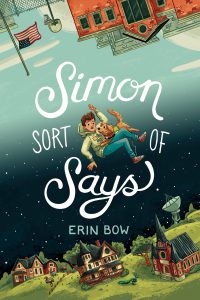
Imagine being 12 years old and moving to a tiny Nebraska town with no internet, no TV, and no cell phone service. Heck, imagine being 40 and doing that! In this day and age, it’s almost unthinkable. Now imagine being famous for being the sole survivor of a mass shooting – also unthinkable – and needing a fresh start where no one has heard of you.
Simon and his parents move to Grin And Bear It, Nebraska, a small town set in the National Quiet Zone – a space where radio signals are banned as to not interfere with the operation of radio telescopes used by the astronomers and scientists searching for signs of life beyond our planet. His mother takes over the local mortuary, his father settles in as deacon of the Catholic church, and Simon just tries to resume life as a normal, anonymous kid. So far, so good – no one here can Google him. He can make up whatever goofy story he wants about why his family relocated.
Then disaster strikes. And keeps striking – a rogue squirrel ransacks the church’s communion wafers, a flock of emus get loose, the mortuary’s driver loses a body, a tornado bears down on the town… and someone finds out Simon’s secret. In the midst of his family getting all the wrong kinds of attention, Simon and his friends scheme a way to shift the focus from him to the stars, using a forbidden microwave, a metronome, and a whole lot of math.
Despite the devastating tragedy underlying the story, this was actually one of the most hilarious books I’ve read in a while. The author, originally from Iowa, lived in Nebraska for a time, and is familiar with the state’s geography and love of football. There is so much to love about Simon and his family and friends, as well as the odd little town they find themselves in. If you are looking for an entertaining read that will make you laugh AND cry, Simon says read this book!
Bow, Erin. (2023). Simon Sort of Says. Disney Hyperion.
Posted in Books & Reading, General
Tagged books, Erin Bow, Friday Reads, juvenile fiction, middle grade, Reading
Leave a comment
#BookFaceFriday “Thirteen Moons” by Charles Frazier
Take a hike with #BookFaceFriday!
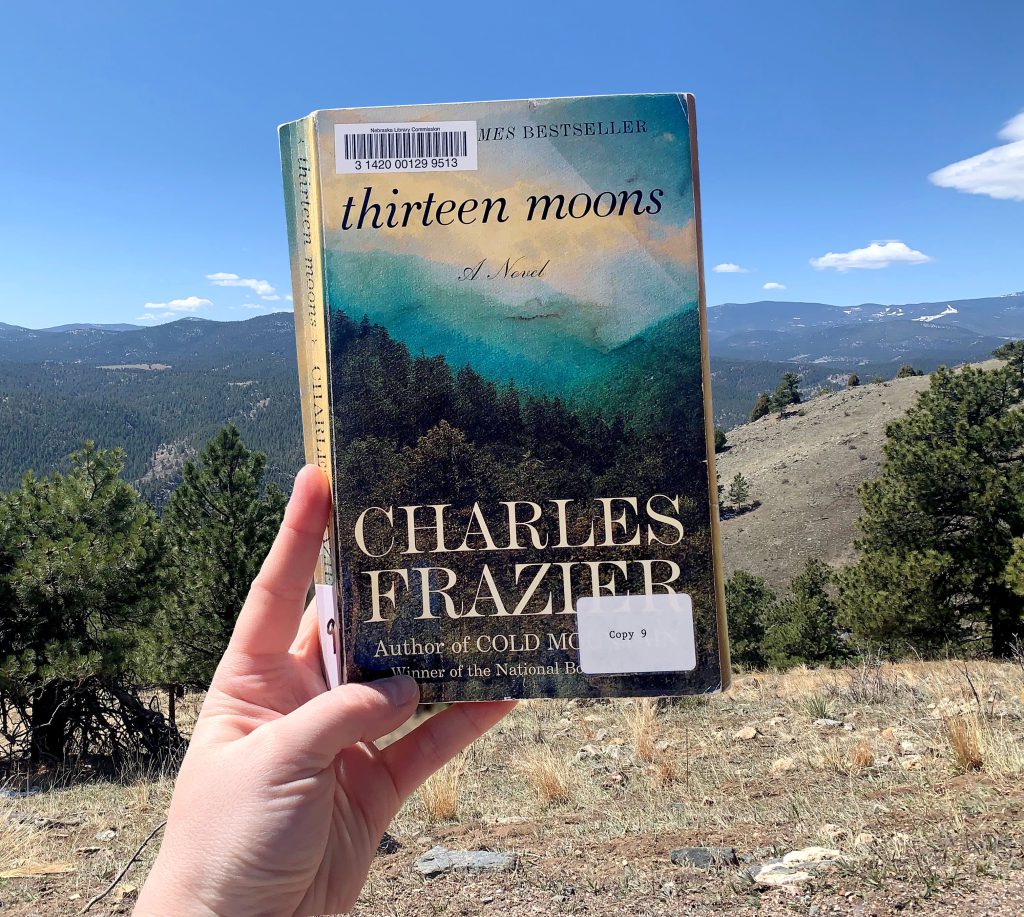
Wander out into the great unknown with this week’s #BookFace! “Thirteen Moons: A Novel” by Charles Frazier (Random House, 2006) is available as an NLC Book Club Kit.
Book club kit already checked out? Read this title as an ebook or Audiobook through Nebraska OverDrive Libraries. We also have Frazier’s award-winning novel “Cold Mountain” available as a book club kit. Add it to your to-be-read list today!“Thirteen Moons brings this vanished world thrillingly to life… One of the great Native American, and American stories, and a great gift to all of us, from one of our very best writers.”
— Kirkus Reviews, starred review
Book Club Kits Rules for Use
- These kits can be checked out by the librarians of Nebraska libraries and media centers.
- Circulation times are flexible and will be based upon availability. There is no standard check-out time for book club kits.
- Please search the collection to select items you wish to borrow and use the REQUEST THIS KIT icon to borrow items.
- Contact the Information Desk at the Library Commission if you have any questions: by phone: 800/307-2665, or by email: Information Services Team
Find this title and many more through Nebraska OverDrive! Libraries participating in the Nebraska OverDrive Libraries Group currently have access to a shared and growing collection of digital downloadable audiobooks and eBooks. 189 libraries across the state share the Nebraska OverDrive collection of 21,696 audiobooks, 35,200 eBooks, and 3,964 magazines. As an added bonus it includes 130 podcasts that are always available with simultaneous use (SU), as well as SU ebooks and audiobook titles that publishers have made available for a limited time. If you’re a part of it, let your users know about this great title, and if you’re not a member yet, find more information about participating in Nebraska Overdrive Libraries!
Love this #BookFace & reading? Check out our past #BookFaceFriday photos on the Nebraska Library Commission’s Facebook page!
Posted in Books & Reading, General
Tagged Book Club Kits, bookfacefriday, Charles Frazier, Ebook, Nebraska OverDrive Libraries, Novel, OverDrive, Reading, Thirteen Moons
Leave a comment

